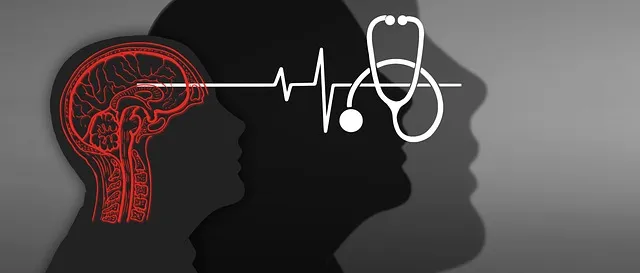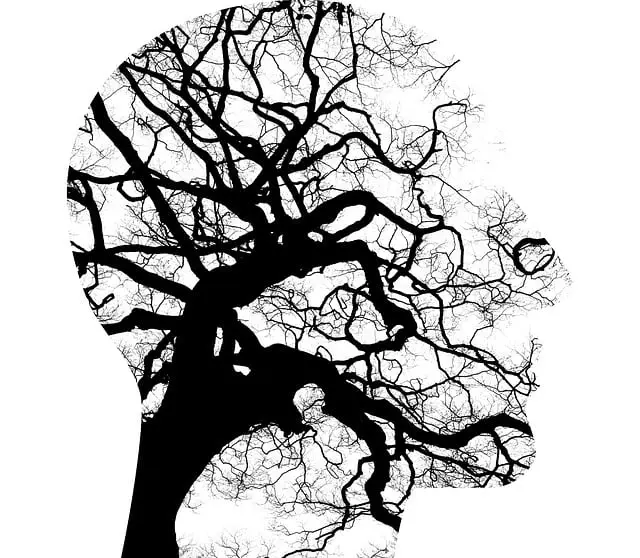Kaiser Permanente mental health locations in Lone Tree prioritize crisis intervention, offering immediate support through structured assessments and evidence-based methods. Cultural competency training equips healthcare providers to deliver tailored care respecting individual beliefs. Self-care routines ensure provider well-being while empowering patients with stress reduction techniques and coping skills for effective crisis management. Post-crisis, ongoing support, including social work, counseling, and mindfulness practices, fosters long-term mental health recovery at these Kaiser Permanente Lone Tree locations.
“Crisis intervention plays a pivotal role in mental health care, especially within organizations like Kaiser Permanente. This article explores comprehensive strategies for professionals at Kaiser Permanente Lone Tree to navigate and support individuals in acute distress. We delve into understanding crisis intervention’s critical importance, assessing and stabilizing patients, and providing post-intervention follow-up care. By examining these practices at the Lone Tree mental health locations, we aim to enhance long-term wellbeing and improve patient outcomes.”
- Understanding Crisis Intervention: A Critical Approach for Mental Health Professionals at Kaiser Permanente Lone Tree
- Strategies for Assessing and Stabilizing Individuals in Acute Distress
- Post-Intervention Support and Follow-Up Care: Enhancing Long-Term Wellbeing at Kaiser Permanente Mental Health Locations
Understanding Crisis Intervention: A Critical Approach for Mental Health Professionals at Kaiser Permanente Lone Tree

At Kaiser Permanente mental health locations in Lone Tree, crisis intervention strategies take center stage as a critical approach to supporting individuals facing severe emotional distress or mental health crises. These strategies are designed to provide immediate and effective assistance, helping to stabilize individuals and prevent further deterioration. Mental wellness is a cornerstone of overall well-being, and healthcare providers play a vital role in fostering it through competent crisis intervention.
Understanding the nuances of different cultural backgrounds is essential for healthcare provider cultural competency training. This enables professionals to offer tailored support that respects individual beliefs and experiences, thereby enhancing the effectiveness of crisis interventions. By integrating self-care routine development for better mental health into their practices, providers at Kaiser Permanente Lone Tree ensure they can respond compassionately and competently to crises while maintaining their own emotional well-being.
Strategies for Assessing and Stabilizing Individuals in Acute Distress

When individuals find themselves in acute distress, a structured assessment process becomes paramount. Mental health professionals at Kaiser Permanente Lone Tree locations are trained to employ various strategies for assessing and stabilizing clients. This involves a thorough evaluation of the individual’s psychological state, recent stressors, and potential risk factors. By utilizing evidence-based methods, such as active listening, open-ended questioning, and validated assessment tools, professionals gain insights into the severity and underlying causes of distress. This initial step is crucial in tailoring interventions to meet the unique needs of each client.
One effective approach is to facilitate a safe and non-judgmental environment, encouraging clients to express their feelings and concerns openly. Additionally, teaching stress reduction methods and coping skills development can empower individuals to manage acute episodes more effectively. Risk management planning is another vital component, where professionals help clients identify potential triggers and develop strategies to mitigate risks of harm. These comprehensive assessment techniques enable mental health experts at Kaiser Permanente Lone Tree to provide immediate support while also guiding clients toward long-term resilience and improved mental well-being.
Post-Intervention Support and Follow-Up Care: Enhancing Long-Term Wellbeing at Kaiser Permanente Mental Health Locations

After a crisis intervention at Kaiser Permanente mental health locations in Lone Tree, providing ongoing support and follow-up care is essential to fostering long-term wellbeing. This involves a multi-faceted approach tailored to each individual’s unique needs. Social workers and counselors play a pivotal role in this process, offering continuous guidance and resources to help patients navigate their recovery journey.
One key aspect of effective post-intervention support is incorporating elements of cultural sensitivity within mental healthcare practice. Recognizing and respecting diverse cultural backgrounds empowers individuals to share their experiences openly and build trust with their care providers. Additionally, promoting inner strength development through mindfulness techniques, therapy sessions, and self-care routine development for better mental health equips patients with tools to manage future challenges. At Kaiser Permanente mental health locations in Lone Tree, these strategies work together to create a comprehensive support system that enhances long-term recovery and overall wellbeing.
Crisis intervention plays a pivotal role in ensuring the well-being of individuals facing acute mental health distress. By adopting evidence-based strategies, such as those outlined for mental health professionals at Kaiser Permanente Lone Tree, we can effectively assess and stabilize those in crisis. Furthermore, providing comprehensive post-intervention support and follow-up care, tailored to the unique needs of each individual, enhances long-term outcomes at Kaiser Permanente mental health locations across Lone Tree. These strategies collectively contribute to fostering resilient communities and promoting healing.






